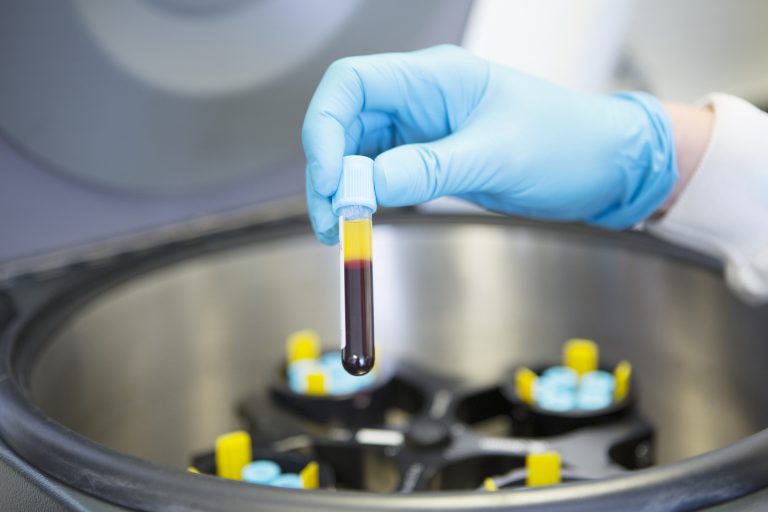
Since the FDA approved the use of convalescent plasma therapy in COVID-19 in March, several clinical trials immediately put it to the test. Results of one of those trials from the Houston Methodist hospital system in severely/critically-ill patients found that 11 of 25 (44 percent) treated patients eventually improved to the point of hospital discharge within 14 days after transfusion. By the time the study was written, 20 of 25 patients (80 percent) were discharged. No treatment-related adverse events occurred. The non peer-reviewed study results were published early online on medrxiv.org.
In the study, 25 patients were enrolled from March 28-April 14, 2020. All had severe COVID-19 disease and were on oxygen support and supportive care including anti-inflammatory and anti-viral treatment.
At day 7 post-transfusion with 300 mL of convalescent plasma, nine patients (36%) had at least a 1-point improvement in a modified World Health Organization 6-point clinical scale, 13 (52%) had no change, and three deteriorated. Of the nine patients who improved, seven (28% of the trial participants) were discharged.
By day 14 post-transfusion, 19 (76%) patients improved from baseline: an additional four patients were discharged, eight patients improved from baseline, three patients remained unchanged, three had deteriorated, and one patient died from a condition not caused by plasma transfusion.
At the time the study was written for publication, 20 of the 25 patients had been discharged.
“Our study was performed to evaluate the safety and potential benefit of transfusing convalescent plasma to patients with severe COVID-19 disease,” the authors say. “To date, this is the largest cohort assessed for outcomes pertaining to convalescent plasma transfusion for COVID-19. Of our 25 patients, nine showed improvement by day 7, and by day 14 post-transfusion, 19 patients showed improvement, as assessed by discharge or at least a 1-point improvement on a modified clinical scale.”
In this study, the researchers performed viral genome sequencing on the strains of four donors and all recipients. They were interested in learning if viral strain differences were linked with patient outcomes but none were found. Additionally, due to the small study size, they could not correlate donor ELISA IgG spike antibody titer and patient outcomes.
The trial’s results should be considered in light of the fact that all patients had received other treatments—some with some benefit suggested in other COVID-19 clinical trials. All had received hydroxychloroquine and azithromycin. Sixty-eight precent also had oral ribavirin and two had remdesivir. Also, 72% of patients received anti-inflammatory compounds, such as the IL-6 inhibitor tocilizumab and methylprednisolone, within five days of the plasma transfusion. The authors note that tocilizumab was recently shown to reduce mortality in a retrospective analysis of 20 severe COVID-19 patients in China.













